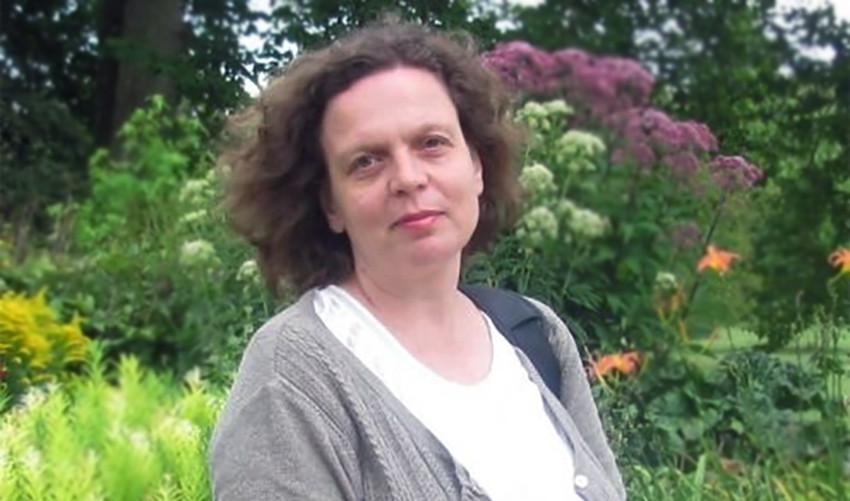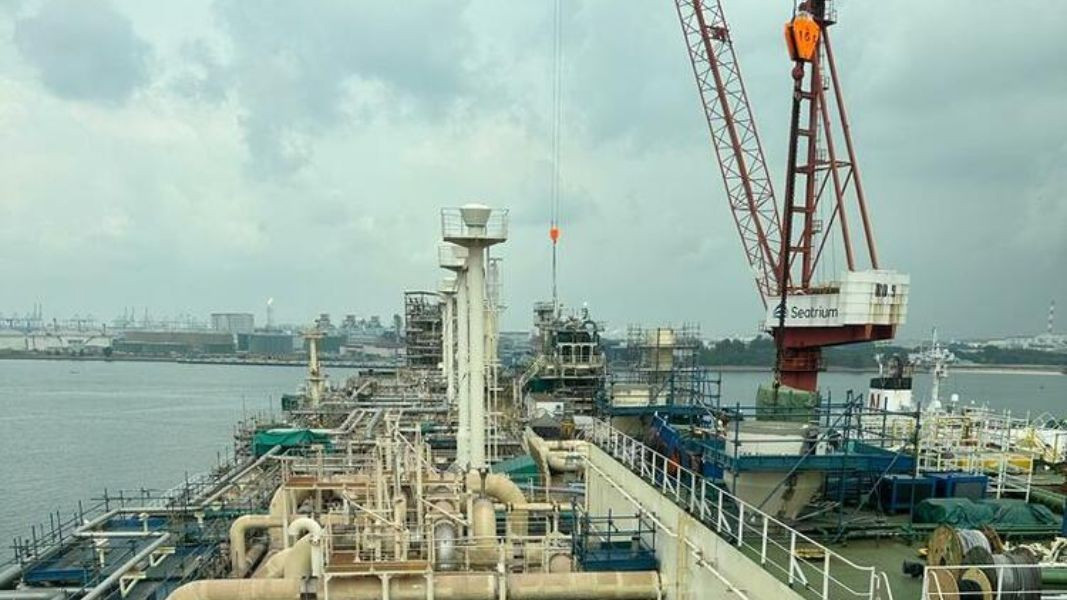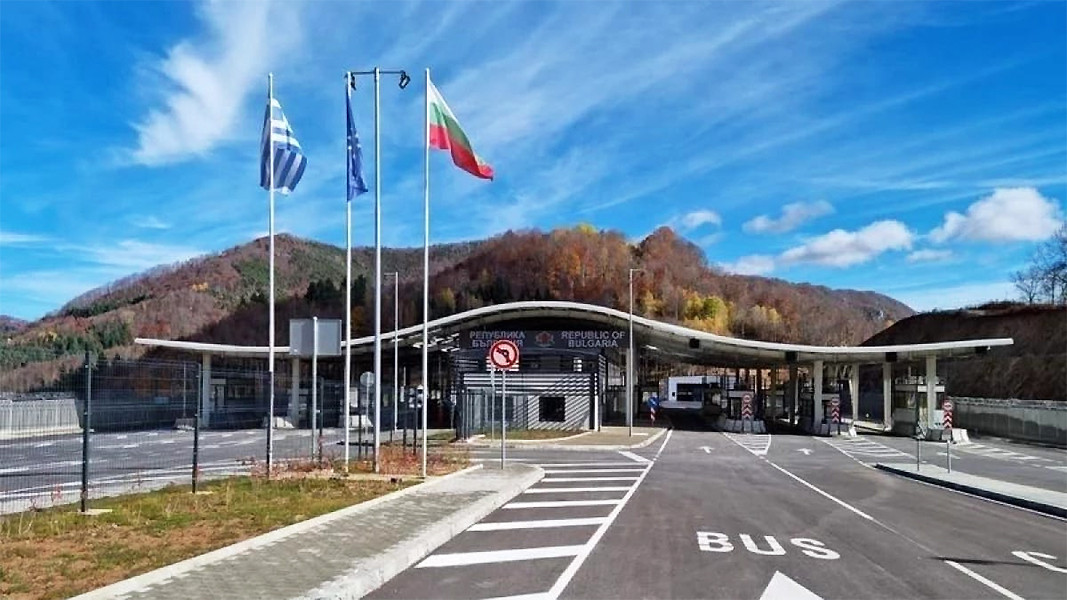From the distance of time, history and researchers will give their assessment of Bulgaria and its neighbourly relations in the first quarter of the 21st century. But even then, they will rely on the facts and perceptions of contemporaries about them. Before the new year 2025 imposes its agenda on us, Radio Bulgaria sought the opinion of journalists and experts asking them what has been the most important event in our region, assessed through the bilateral relations between Bulgaria and its neighbours for 2024.

"Undoubtedly, the most important event in the outgoing year of 2024 from a geopolitical point of view is the commissioning of the gas terminal in Alexandroupolis. It should bring and transport gas through Bulgaria, which should then be distributed through Romania to Hungary and Slovakia on the one hand, and to Ukraine and Moldova on the other. There is no doubt that from the point of view of geopolitical and strategic importance this project is the most significant. It is no coincidence that it was quickly and successfully restarted in 2022 after the Russian invasion of Ukraine, when we suddenly very quickly made the interconnector connection with Greece, which allows this gas to be transported. This year, the construction of this vertical pipeline through Bulgaria began, which should be completed in 2025," the researcher adds.

From the point of view of Bulgarian and Greek citizens, the most important event for 2024 is certainly the fall of the Bulgarian-Greek land border, believes Prof. Konstantinova, recalling that even before Austria and the Netherlands officially agreed to the abolition of the land Schengen, the Bulgarian and Greek border services had already specified all the details of how this would happen.



"Easier border crossing and greater interest in crossing it would create conditions for increased trust between Bulgarians and Romanians. What must follow in order to achieve the transformational effect for bilateral relations is for Bulgarians and Romanians to practice crossing the border between us - both in a physical sense (along the Danube and in Dobrudja), and from the perspective of the border of our individual and national experience. If we are open to new experiences and are able to draw such experiences beyond Bulgaria in our closest cultural neighbour in the EU - Romania, over time we will be able to add new elements to our identity and experience. This will increase our potential in various senses - existential, intellectual, economic, etc. However, it is important to discover within ourselves the potential for renewal and dynamization of our experience," Mitev urges.
"While the political crisis in Sofia continues at the central level, related to the inability to form a stable government, and the Romanian political system is also in a difficult moment after the annulment of the presidential elections, the citizens of both countries are more than ever the key to change in regional relations. The fall of border controls can offer a surge of energy and should be used so that the border regions of both countries, and the countries themselves, can move away from their position on the periphery of the EU. And the bridges with our neighbors in the EU - again physical, but also interpersonal and virtual, can give more people in Bulgaria the feeling that despite being in the southeastern corner of the EU, we have experience and follow the logic of the countries and people from its core," the journalist believes.

“We Continue the Change–Democratic Bulgaria” (PP-DB) has tabled a vote of no confidence against the government of Rosen Zhelyazkov in the “Justice and Internal Order” sector, BGNES reported. “We see not just a failure, but a systemic refusal..
In an article published by POLITICO , Sofia Mayor Vasil Terziev and Athens Mayor Haris Doukas called on European institutions to take a clear stance in defense of democracy in Turkiye, the Sofia Municipality press center reported. The..
Following the split within the Movement for Rights and Freedoms (DPS), Ahmed Dogan has announced the creation of a new political party - Alliance for Rights and Freedoms (APS). Democracy, Rights and Freedoms – DPS has been renamed to Alliance for..
Movement for Rights and Freedoms - New Beginning Leader Delyan Peevski spoke with Prime Minister Rosen Zhelyazkov on Monday, the party's press centre..

+359 2 9336 661
